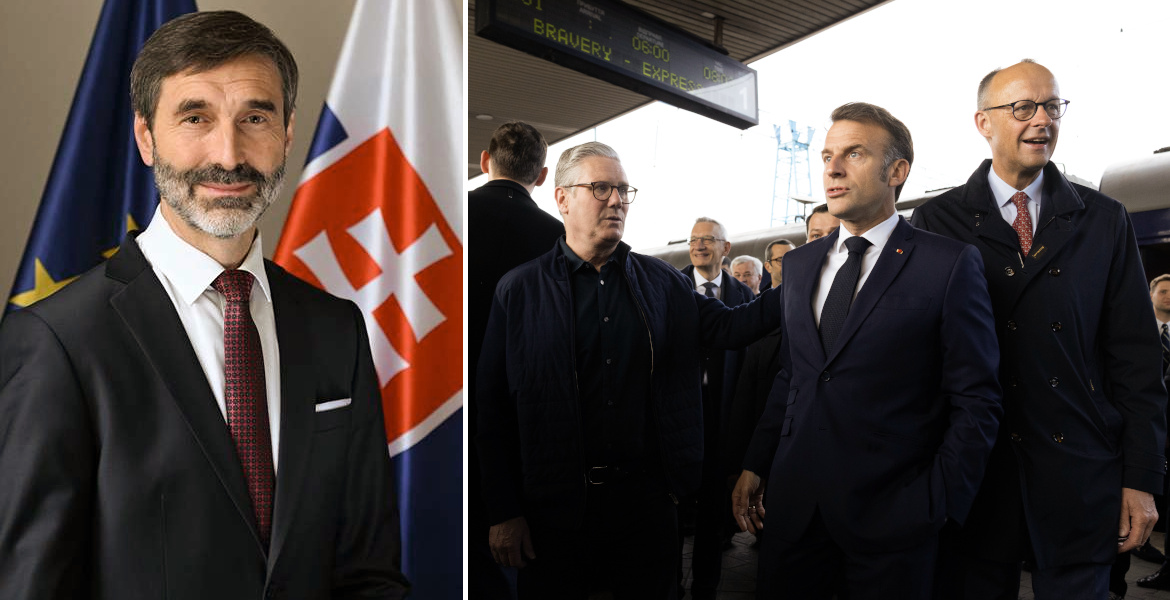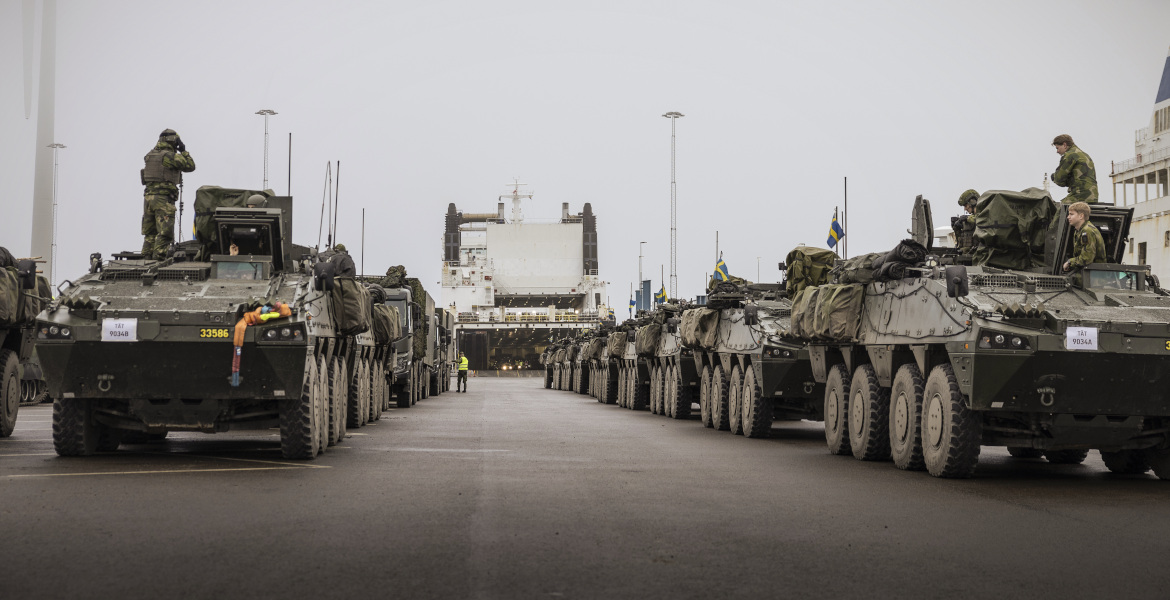The US House of Representatives has overwhelmingly passed a bill allocating over $1.6 billion (€1.4 billion) over five years to counter what it describes as China’s “malign influence” around the world.
The move, which includes potentially secret subsidies to media and civil society organizations abroad, has drawn criticism from an American analyst who says the measures reflect a problematic double standard in US foreign policy.
Marcus Stanley, director of research at the peace-oriented think tank Quincy Institute for Responsible Statecraft, highlights the vast scope of the initiative in an analysis article. The new law, H.R.1157, represents a significant increase in federal spending on influence operations abroad.
“That’s a massive spend — about twice, for example, the annual operating expenditure of CNN”, Stanley writes, adding that if the bill becomes law, it would mean a significant increase in federal spending on international influence operations.
The bill’s primary purpose is to counter China’s economic and political influence, particularly in the context of the Belt and Road Initiative, Beijing’s worldwide infrastructure project.
“For example, program funds could support any effort to highlight the “negative impact” of Chinese economic and infrastructure investment in a foreign country. Or it could fund political messaging against Chinese contractors involved in building a port, road, or hospital, for example as part of Beijing’s globe-spanning Belt and Road Initiative”.
Warns of the double standard
One of the main concerns Stanley highlights is the lack of transparency in the new law.
“HR 1157 doesn’t seem to contain any requirement that U.S. government financing to foreign media be made transparent to citizens of foreign countries”, Stanley writes, arguing that this opens up the possibility of US funds being used to spread disguised anti-Chinese messages without the public knowing where the funding comes from.
Stanley points out that, given that the United States has strongly criticized other governments’ alleged influence operations in the past, there is an obvious risk that these actions will be perceived as an expression of double standards within the US state apparatus.
“They are of course likely to make U.S. protests against similar foreign government activities look hypocritical”, he writes.
Undermining local criticism and internal influence
Furthermore, Stanley expresses concern that the program could undermine genuine local opposition to Chinese influence.
“A flood of potentially undisclosed U.S. government money into anti-Chinese messaging worldwide could backfire by making any organic opposition to Chinese influence appear to be covertly funded U.S. government propaganda rather than genuine expression of local concern”.
In addition, according to Stanley, there is a risk that the propaganda funded by H.R.1157 will find its way back into the American debate on China.
“Anti-Chinese propaganda financed by this program will flow back into the American media space and influence American audiences, without any disclosure of its initial source of funding“, writes Stanley, who argues that this can impede an objective debate on China’s international role.
“It’s easy to imagine U.S.-funded foreign media being used as evidence in domestic debates about China’s international role, or even to attack U.S. voices that advocate for a different view of China that is propagated by a hawkish U.S. government”, he writes, pointing to recent examples where government funds have been used in a similar way:
“During the Trump presidency, the State Department’s Global Engagement Center (GEC), a likely recipient of many of these funds, supported attacks on U.S. critics of Trump’s Iran policy. More recently, congressional conservatives have claimed the GEC has advocated for censorship of conservative voices who disagree with Biden’s foreign policies”.
Jeopardizing American interests
Stanley concludes his critique by questioning whether Washington fully understands the risks associated with these types of operations, arguing that American values and interests risk being undermined if it continues to engage in the same types of activities that it criticizes others for.
“The overwhelming bipartisan majority for HR 1157 is a snapshot of a culture in Washington that seems not to see the risk to U.S. values and interests when we engage in the same covert activities that we criticize in other countries”.

The Quincy Institute for Responsible Statecraft is an American think tank that promotes a foreign policy of military restraint and diplomacy. The Institute was founded to offer alternatives to the militaristic foreign policy of the United States.
The organization brings together experts and academics to provide policymakers with alternative policy solutions. Their digital platform, Responsible Statecraft, publishes analysis and news focused on a less militarized US foreign policy.
One of the co-founders is Swedish-Iranian author Trita Parsi, who is also the institute's vice-president.









